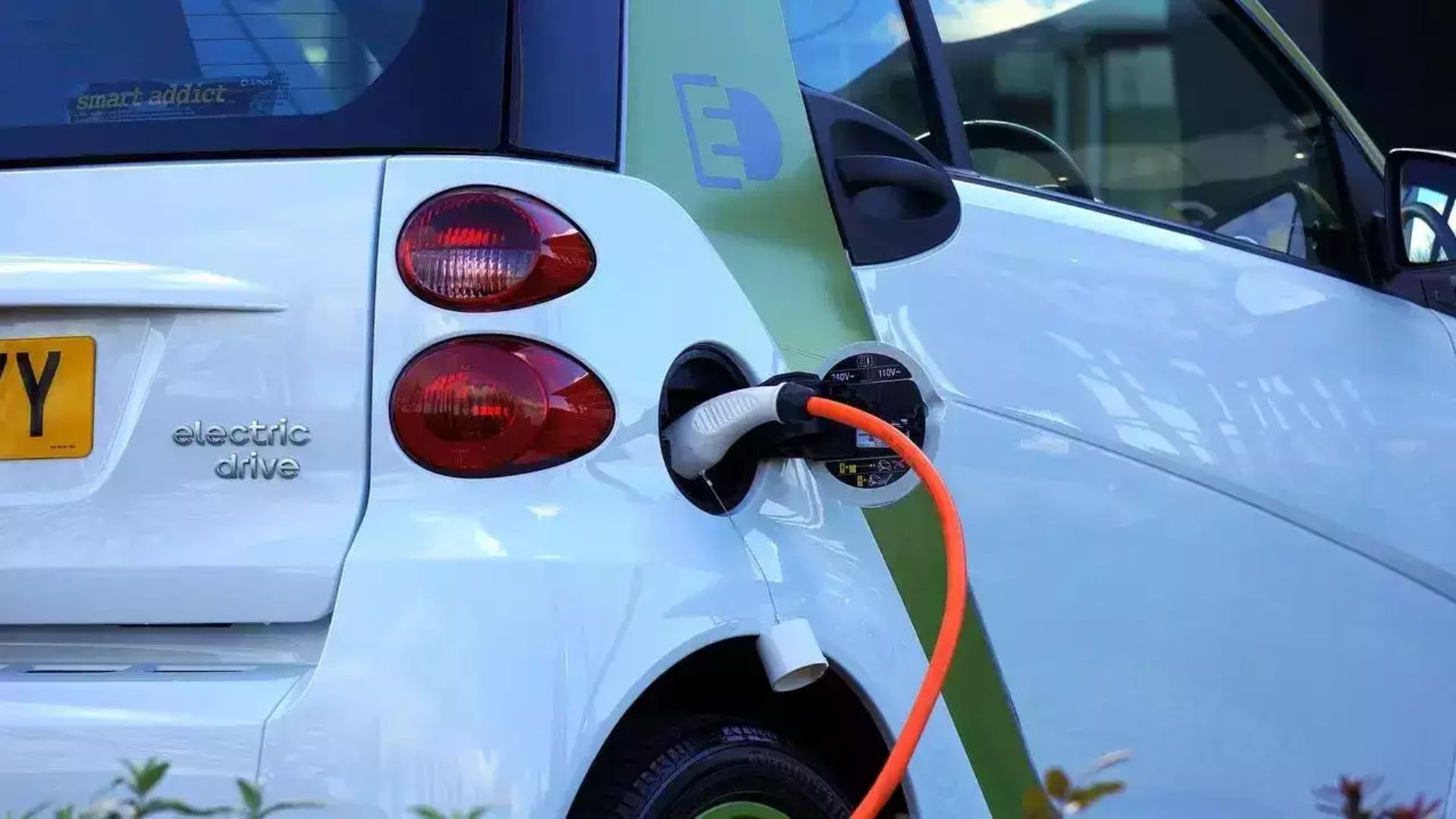NEW YORK, July (Reuters) – Electric-vehicle charger operator EVCS is looking to raise $125 million, according to a document seen by Reuters, as it races to expand its network of fast chargers eightfold by 2025 and capitalize on the U.S. government’s push to boost EV adoption.
A $5 billion federal program to electrify U.S. highways and a recent slew of deals by market leader Tesla (TSLA.O) to open up its charging technology to rival automakers has unleashed a capital-intensive race among charger makers and operators to offer new products and expand their networks.
California-based EVCS has hired French bank BNP Paribas (BNPP.PA) to advise it in the search for potential investors, according to the document dated June 2023 seen by Reuters.
EVCS and BNP Paribas declined to comment.
EVCS, which operates its own network of fast chargers as well as stations for clients such as Hertz and Hilton, plans to increase its network to 2,100 fast chargers by 2025 from 260 currently and focus on the U.S. states of California, Washington and Oregon, according to the document.
A person familiar with the matter said a $125 million investment would represent a large minority stake in the business. Reuters was not immediately able to ascertain what valuation the company or its advisers had arrived at for the entire business.
Countries are offering grants, tax credits and other incentives to makers of electric vehicles and the infrastructure needed to keep them moving, attracting private investment that is key to achieving targets such as the Biden administration’s aim for EVs to make up 50% of U.S. new-vehicle sales by 2030. The deals between Tesla and rivals also could make it easier for operators to cater to virtually all EVs.
Valuations of charging companies, much like electric-vehicle makers, crashed from lofty heights as broader electrification failed to take off in the past couple of years.
Oil major Shell (SHEL.L), for example, bought charging firm Volta in January for $169 million, only two years after that California company notched up a $2 billion valuation in its merger with a blank-check acquisition firm.
Now charging companies are hoping the federal funding will help stoke interest among investors who are nursing large pools of capital earmarked for environmentally friendly investments.











